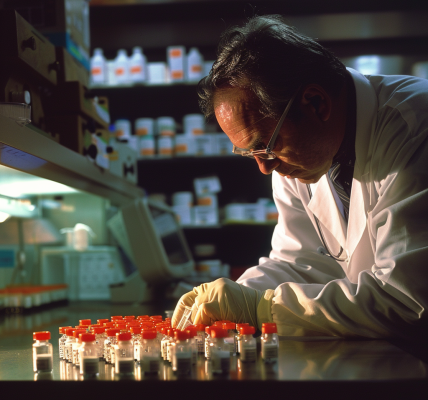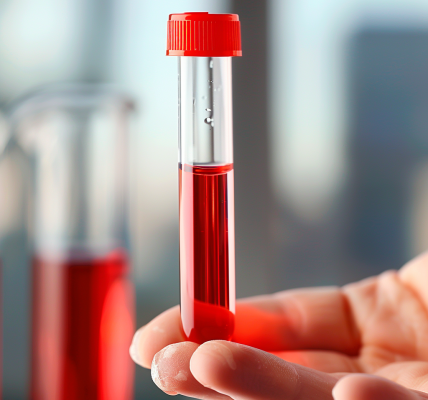Scientists have made a groundbreaking discovery in the field of Alzheimer’s disease, documenting the first-ever transmitted cases of the condition. The cases are linked to a now-discontinued medical procedure involving the use of growth hormone derived from human cadavers. The findings, published in the journal Nature Medicine, have shed new light on the potential causes of Alzheimer’s.
What makes these cases particularly unusual is the age of the patients affected. Unlike typical Alzheimer’s patients, these individuals were in their 30s, 40s, and 50s and did not possess the known genetic mutations associated with early-onset Alzheimer’s. Their common history traced back to childhood, where they had received growth hormone treatments derived from human cadavers to address conditions causing short stature.
Decades later, these individuals began exhibiting signs of Alzheimer’s, leading researchers to investigate the potential link between the hormone treatment and the development of the disease. The study revealed that the hormone transplant had inadvertently transferred beta-amyloid protein, a key hallmark of Alzheimer’s, into the recipients’ brains. Over time, this protein propagated into disease-causing plaques, marking the first documented cases of transmitted Alzheimer’s.
Ben Wolozin, an expert on neurodegenerative diseases at Boston University’s medical school, commented on the significance of the findings, stating, “It looks real that some of these people developed early-onset Alzheimer’s because of that [hormone treatment].”
External experts have also validated the legitimacy of the findings, emphasizing that only individuals who received cadaveric growth hormone prepared in a specific manner went on to develop dementia. These incidents of illness resulting from medical procedures are termed ‘iatrogenic,’ with the transmissible agents known as prions, which are misfolded pieces of protein that lead to disease.
The discovery of transmitted Alzheimer’s disease has introduced a new dimension to the ongoing debate surrounding the causes of the condition. The study’s findings have sparked further discussions within the scientific community, offering valuable insights into the potential mechanisms underlying Alzheimer’s and its development.





